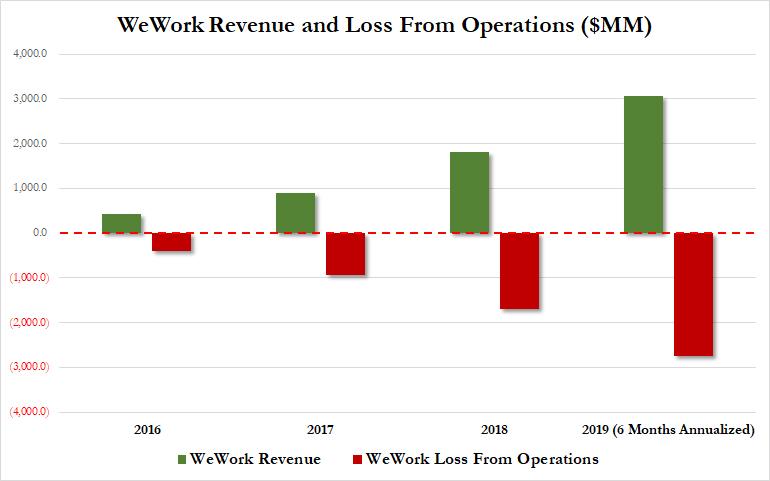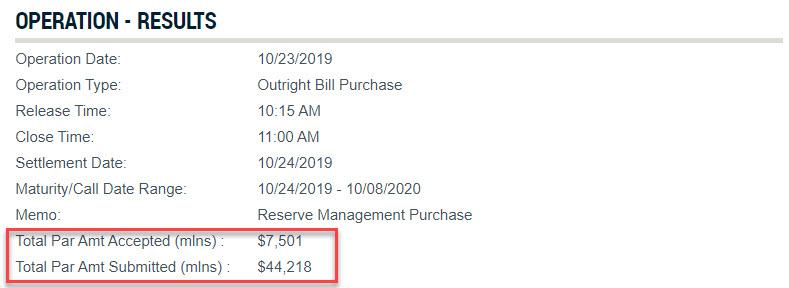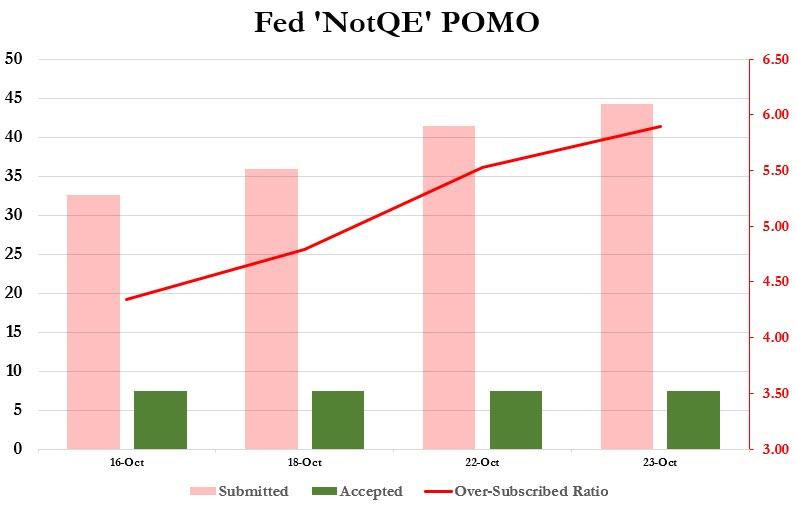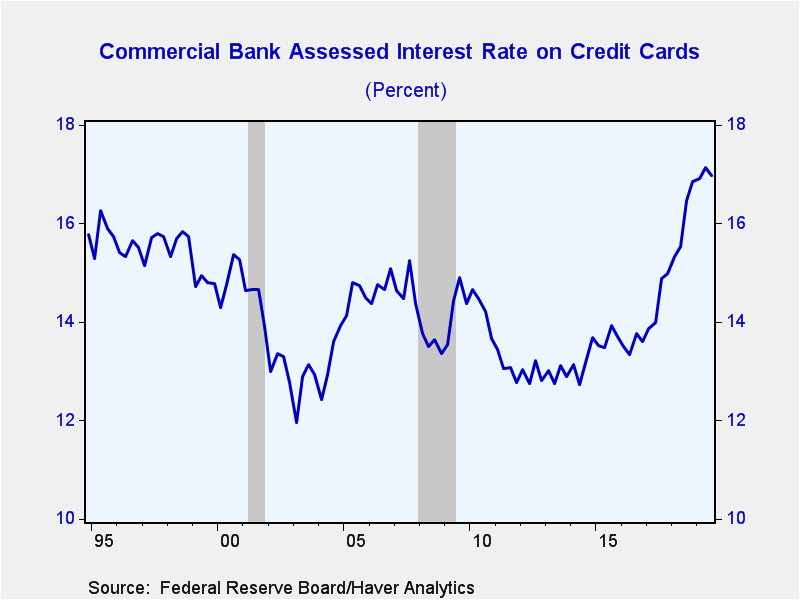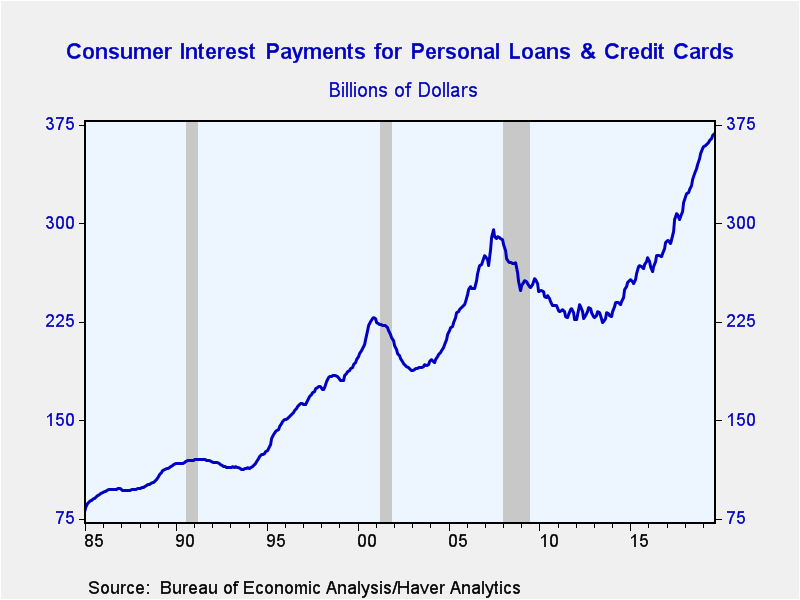Two students at the University of Connecticut (UConn) have been “charged with ridicule on account of creed, religion, color, denomination, nationality or race. The misdemeanor charge is punishable by a maximum of 30 days in jail, a fine of up to $50 or both, according to state law.”
Video circulated by the UConn chapter of the National Association for the Advancement of Colored People (NAACP) shows the students, both 21, repeatedly using the n-word while walking through a parking lot. To put it bluntly, the students are fucking idiots. But the way the case is being handled—and the state law under which they are being charged—should deeply upset everyone who cares about free speech.
If you have any information about this racist recording at UConn. Please email naacpuconn1909@gmail.com We will not tolerate racist behavior on this campus ✊????✊????✊????✊???? pic.twitter.com/ym8rPqd6kJ
— UCONN NAACP (@naacpuconn) October 12, 2019
According to The Washington Post, Jarred Karal and Ryan Mucaj are also facing possible expulsion from UConn for violating the school’s code of conduct. That’s exactly right: The university should be deciding whether such mindless, ugly action warrants suspension of expulsion. Even though UConn is a state school (and thus bound by the First Amendment), it should be allowed to set reasonable expectations for student and faculty behavior.
But Connecticut’s hate crimes law penalizes all sorts of speech that should absolutely be protected. According to the law,
Any person who, by his advertisement, ridicules or holds up to contempt any person or class of persons, on account of the creed, religion, color, denomination, nationality or race of such person or class of persons, shall be guilty of a class D misdemeanor.
It’s not immediately clear whether Karal and Mucaj will be found guilty because they were not directly addressing particular individuals, an important aspect of the state law. In true dumbass fashion, in the video they seem to be wandering through a parking lot (with a third student who was not charged) shouting the slur repeatedly to the open air.
But the Connecticut law, “a rarely-enforced relic dating to 1917,” according to the folks at The Foundation for Individual Rights in Education (FIRE), effectively bans a huge amount of speech. When reading about this law, I thought immediately of the TV show Family Guy, which is based in Connecticut’s neighboring state of Rhode Island, and rarely misses an opportunity to mock and deride all classes of “persons, on account of the creed, religion, color, denomination, nationality or race.” It’s a rare episode of this New England-based show that doesn’t break the intentions of the Nutmeg State’s stupid law. Few TV shows have their own Wikipedia pages devoted to their takes on various groups that would be protected under the Connecticut law. Family Guy routinely mocks Islam, Catholicism, Christianity, transgender people, heterosexuals, old people—you name it.
Based on what I’ve read, including comments from UConn’s president, I think these students should face some sort of serious disciplinary action from the school, possibly even expulsion.
But that Connecticut law should be deep-sixed once and for all, especially given the state’s colonial history as a site of religious dissent and toleration. Speech is under attack everywhere these days, in ways that it hasn’t been since the 1950s. Just yesterday, Reason reported on a proposed law in Massachusetts that would criminalize the use of the word bitch. Leading national politicians routinely trot out new ways to regulate speech (looking at you, Sens. Josh Hawley and Elizabeth Warren). Conservatives are calling for porn prosecutions and liberals get bent out of shape over perceived Russian interference in political discourse on Facebook and other social-media platforms. Incidents such as the one at UConn are disturbing reminders of casual racism. They shouldn’t also be reminders of the precariousness of free speech.
from Latest – Reason.com https://ift.tt/361siBg
via IFTTT
